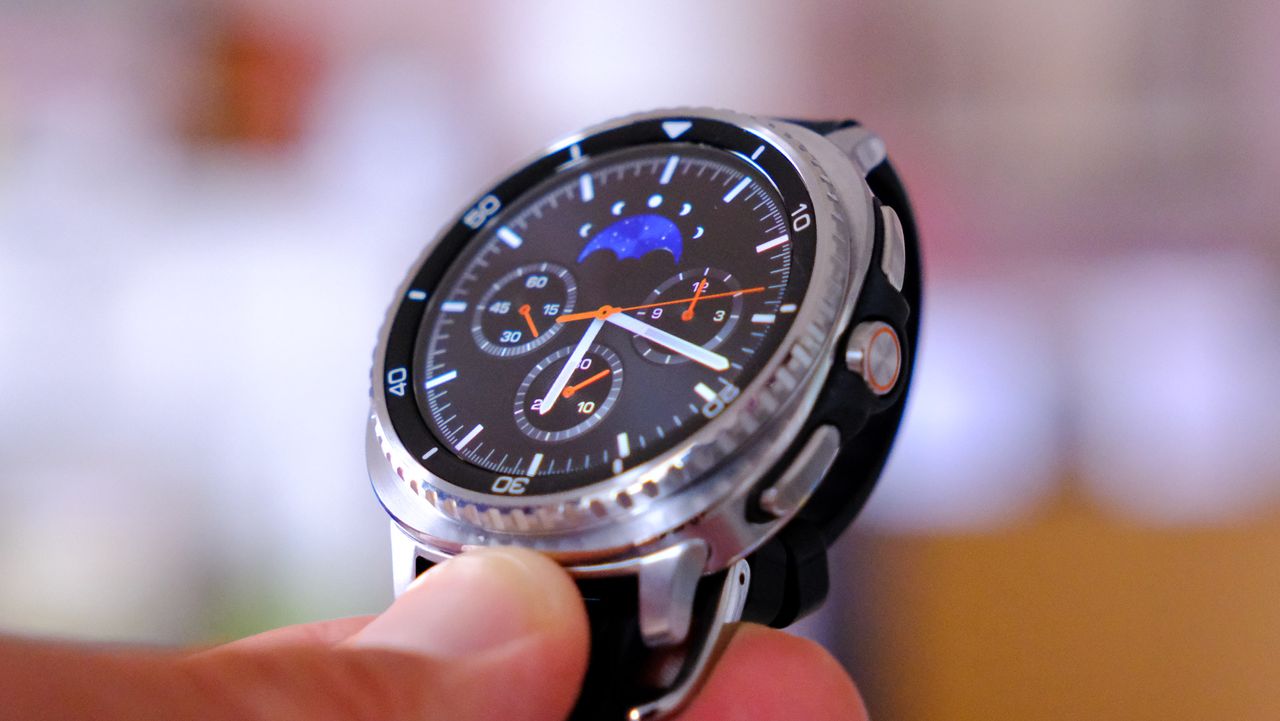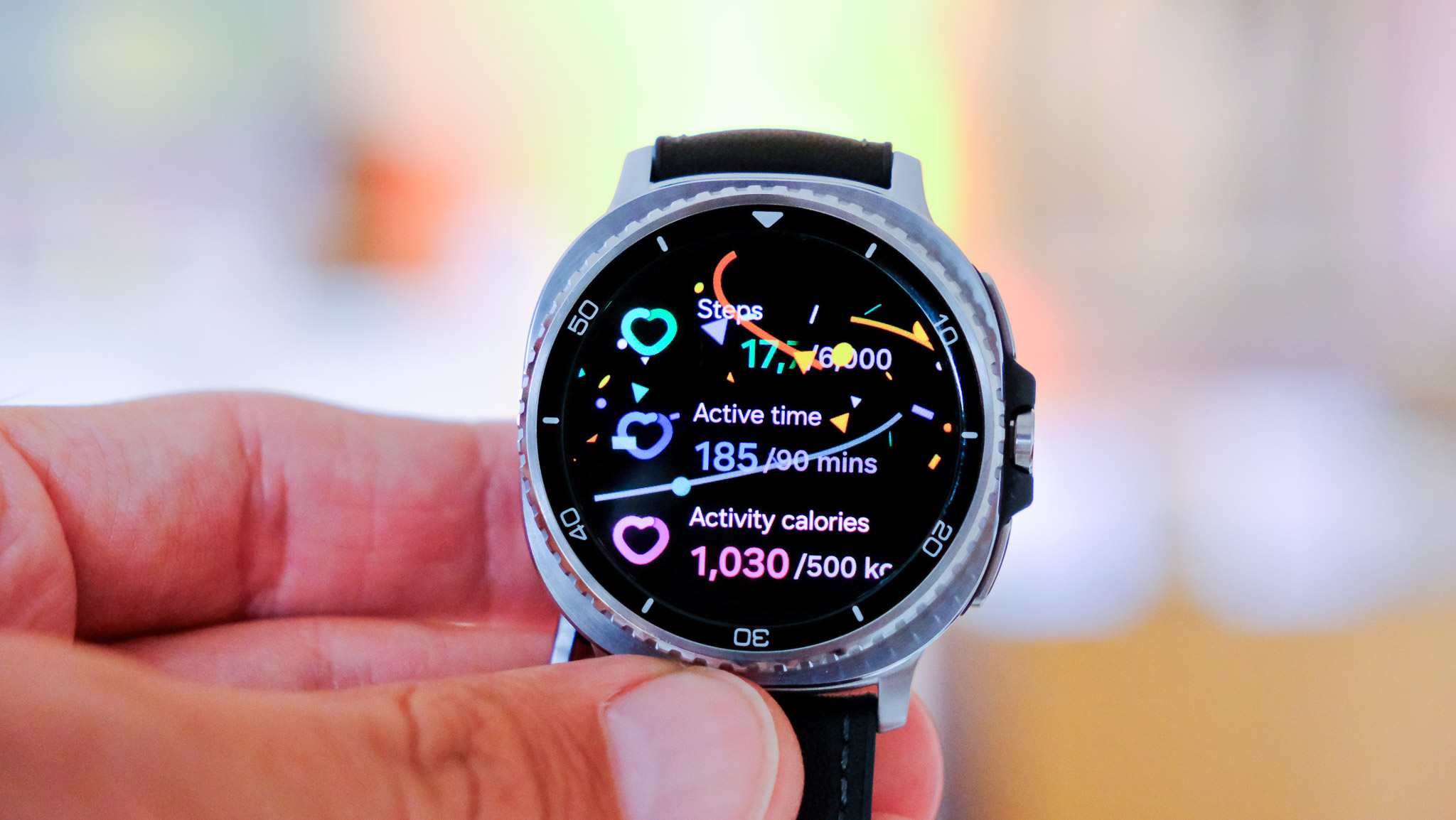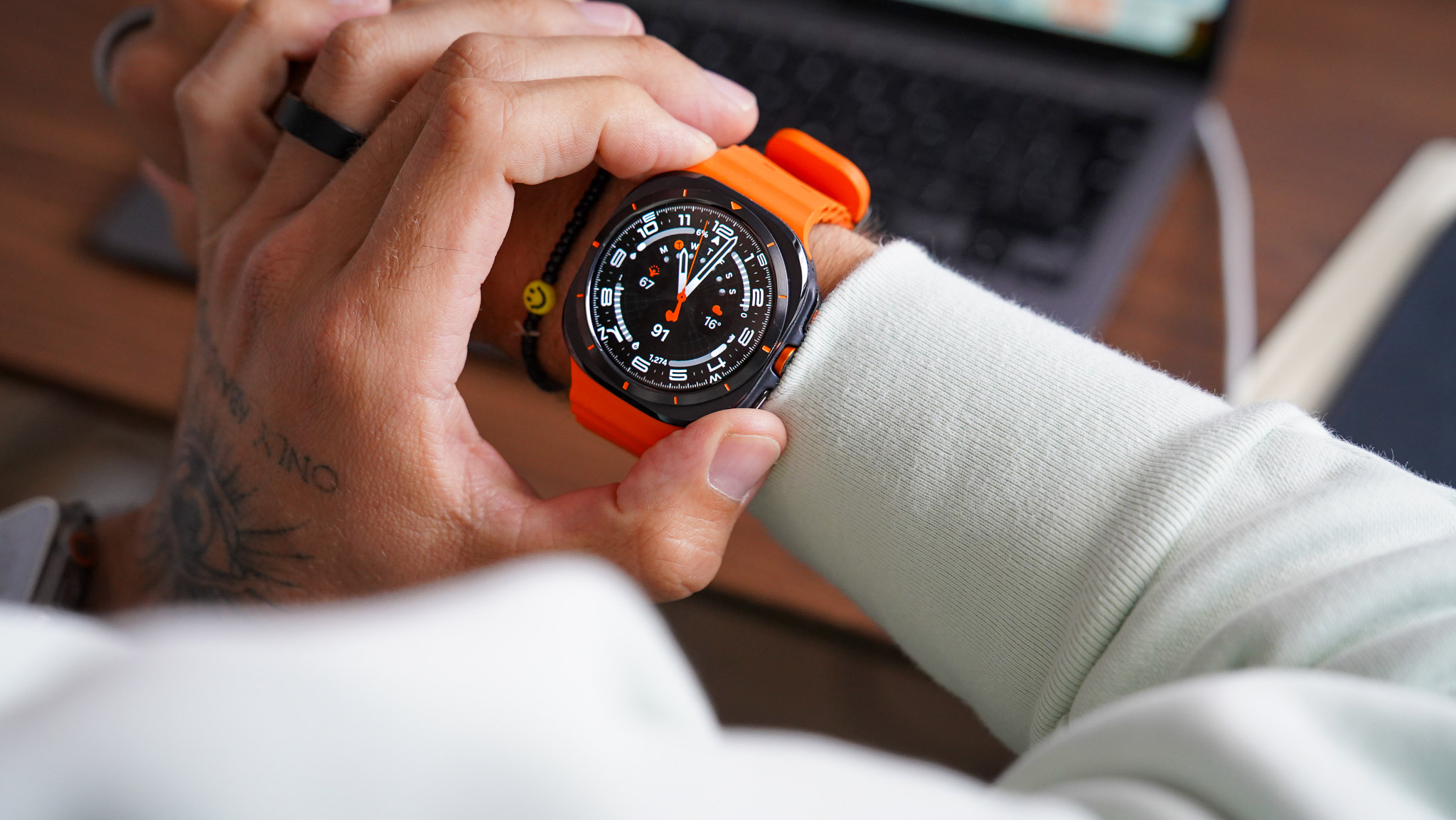
Samsung’s smartwatches didn’t always promise to change your life. At first, like most wearables, they just wanted you to walk 10,000 steps a day and maybe eat some vegetables. They certainly couldn't track heart rate variability or antioxidants. Times were simpler but also less fine-tuned.
Today’s Galaxy Watch 8 and Galaxy Watch 8 Classic are built on a very different philosophy, one powered by AI, grounded in personalised insights, and heading toward a future where your smartwatch might catch a health issue before your doctor does.
Samsung isn’t suggesting you skip your doctor, but its goal is to help you avoid needing one in the first place by nudging you toward a healthier lifestyle.
In an exclusive interview with T3, Annika Bizon, Samsung UK’s VP of Product and Marketing for Mobile Experience, and Lee Dinham, Smartphone Specialist Product Manager, reveal how the brand's latest wearables reflect a bigger shift.
They share Samsung’s evolving vision: from simple step counters to intelligent health companions, and why the company believes “Samsung’s got your back.”
From five-a-day to full-on health strategy
“Before, health tracking was generic,” says Annika. “Everyone got the same advice: 10,000 steps, five vegetables, eight hours’ sleep. But my health isn’t your health. AI helps change that.”
Samsung’s early wearables focused on surface-level metrics, like many first-generation fitness trackers, but with each iteration, the brand has pushed deeper into the health space.
The Galaxy Watch Active 2 brought ECG and fall detection, the Watch 3 added blood pressure monitoring, and the Watch 5 Pro leaned into durability and outdoor tracking, each one expanding Samsung’s role in health and fitness.
The Galaxy Watch 8 lineup continues that trend with a suite of tools designed not just to monitor your vitals, but to actively help you improve them. These include new metrics like oxidative stress levels, vascular load, and a more advanced sleep analysis engine capable of detecting signs of sleep apnea, a feature Samsung says it’s first to market with.
“Sleep is the cornerstone of everything we do,” Annika explains. “It’s not just about feeling rested. Good sleep influences your physical health, mental health, and even your social wellbeing.”
Samsung isn't the first wearable brand to focus on health, but the South Korean tech giant certainly is at the forefront of using sleep for its comprehensive health tracking suite, providing more insights and better suggestions than many of its rivals.
Something the company does well is gamifying your health. You don't just get a breakdown of your sleep stages; you are also given a sleep score and assigned a sleep animal. It's all about bringing health and fitness data closer to those who might not be intimately familiar with advanced insights.
Culture shift: from bars to running clubs
The brand's latest wearables also reflect broader cultural shifts around health. Annika points out how younger generations are rethinking social time and self-care.
“Running clubs are the new bars,” she says. “There’s been a 59% year-on-year increase in people joining running clubs. People are choosing to spend time in healthier ways, and that’s where wearables come in.”

Samsung’s goal is to support this shift by offering tools that can fit into these changing lifestyles. The watch becomes not just a tracker, but a kind of social signal, a visible commitment to wellbeing. It nudges you with personalised suggestions, and also puts you under (healthy) social pressure to show up and do the work when needed.
This affects not just you, the wearer, but the people around you. Annika shares how her own use of the watch influenced her household: “I started eating more sweet potatoes and blueberries after checking my antioxidant levels. But then so did my family. They started eating better because I was.”
Galaxy AI goes personal
With Galaxy Watch 8, Samsung is putting machine learning front and centre. AI is everywhere right now, and it is often used as a buzzword with no substance behind it. Samsung, of course, chose a different path by harnessing the technology to make otherwise complex health and fitness data comprehensible to everyone.
For example, AI is what makes the Energy Score feature possible, which is a daily readiness-style metric that combines sleep quality, exercise recovery, and other biometrics to give you a single, easy-to-understand indicator of your overall health.
Annika calls it the "start of something bigger": a move from just data collection to true data interpretation – and it goes beyond generic advice. The AI learns your habits, your sleep rhythms, even your hormonal cycle, and adapts accordingly.
“I travel a lot,” she says. “Now the AI understands my time zone shifts and helps me adjust my sleep patterns. That’s what makes it personal.”
This shift is particularly meaningful for underrepresented users in the tech space. “As a perimenopausal woman, I want different recommendations than I would’ve ten years ago. Now, the watch gives me advice that’s relevant to me, not just the average user,” she adds.
Chasing Garmin into the outdoors
The Galaxy Watch Ultra is Samsung’s clearest move into the high-performance wearable space (see also: best triathlon watches). While the standard Watch 8 and Watch 8 Classic target lifestyle and fitness audiences, the Ultra is built to compete directly with rugged sports watches like the Garmin Fenix 8.
Lee Dinham explains: “We’re providing an amazing alternative for someone looking toward a Garmin watch. You get a bright AMOLED display, full app support, Samsung Pay, music storage, advanced sensors, and offline navigation.”

It’s not quite a one-to-one trade, though. The Ultra’s battery life is solid – Lee gets four days on a charge – but doesn’t yet match the multi-week runtime of some Garmins. Still, Samsung sees this as a worthwhile trade-off for users who want more smartwatch versatility in their running watch.
“Our goal is to balance performance, features and usability. We know some users are coming from Apple or Garmin, and we’re building a compelling reason to switch,” Lee says.
He also points out that core outdoor features are already there, including GPX route support and a track-back function for navigation, both housed within Samsung Health, not just Google Maps.
New hardware, same philosophy
The new watches also introduce a redesigned lug system that improves fit and sensor accuracy. According to Samsung, it delivers up to 11% more accurate heart rate data.
“It might seem like a small change,” Lee says, “but it really impacts comfort and data quality. We want your numbers to mean something.”
The Galaxy Watch 8 is also 11% thinner than the Galaxy Watch 7 despite having a bigger battery, thanks to a complete internal redesign. That’s part of Samsung’s wider effort to make wearables more comfortable, attractive and practical across a wider range of users, including those with smaller wrists.
Looking ahead: from wellness to prevention
Where does it all go from here? According to Annika and Lee, the future of Samsung’s wearables lies in preventative health.
“We’re already seeing a 45% growth in wearables over the last two and a half years,” Annika says. “But the next wave is where we go from tracking to changing. We want to be the only brand you trust to help you understand your health, now and in the future.”
She sums it up with the kind of line that ends up on posters: “Samsung’s got your back.” It’s a strong claim. But if the Galaxy Watch 8 is anything to go by, it’s one the brand is ready to stand behind.







